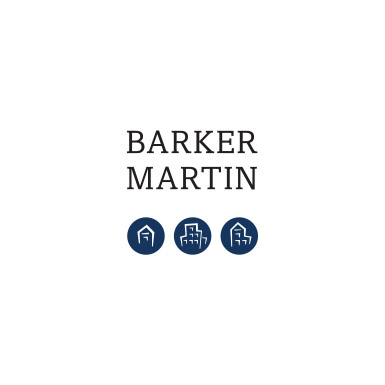Condo-HOA Blog
Protecting Owners' Confidential Information
Community association directors and their managers are required to maintain records identifying the people living in their associations. Typically they also keep contact information for the owners, including both listed and unlisted telephone numbers and email addresses that are not otherwise available to the public. This leads to the question: Under what circumstances should this contact information be shared with other owners?
In both Washington and Oregon, there are statutory obligations for maintaining association records and producing them for inspection, so the first step of the analysis is whether confidential contact information is part of the association’s “official records”.
Oregon
In Oregon, ORS 65.771 lists the records that a nonprofit corporation is required to keep as permanent records, and it does not reference contact information. Subsection (3) states that:
A corporation or its agent shall maintain a record of its members in a form that permits preparation of a list of the name and address of all members, in alphabetical order by class showing the number of votes each member is entitled to vote.
The Planned Community Act in Oregon also does not characterize owner contact information as part of the association records. See ORS 94.670. The statute specifically allows an association to withhold files of individual owners which may be where contact information is kept (section 9G). The Condominium Act contains a similar provision at ORS 100.480. Based on these statutes, individual owner contact information is not within the definition of an association record, and owners may not inspect that information.
Washington
In Washington, the Nonprofit Corporations Act requires that the corporation keep “a list of members, including names, addresses, and classes of membership, if any. . .” and that information must be open at any reasonable time to inspection by a member. RCW 24.03.135. It does not mention owner contact information.
The Homeowners Association Act at RCW 64.38.045(2) states that:
All records of the association, including the names and addresses of owners and other occupants of the lots, shall be available for examination by all owners, holders of mortgages on the lots, and their respective authorized agents on reasonable advance notice during normal working hours at the offices of the association or its managing agent. The association shall not release the unlisted telephone number of any owner. The association may impose and collect a reasonable charge for copies and any reasonable costs incurred by the association in providing access to records.
Since unlisted telephone numbers are expressly mentioned, it could be argued that listed telephone numbers are within the scope of information to be kept as an association record and disclosed to requesting owners. However, I believe a safer interpretation is to follow the letter of the statute and only characterize “the names and addresses of other owners and occupants of the lots” as association records to be made available for inspection.
The Washington Condominium Act does not contain any explicit list of the types of records that qualify as association records other than financial records. RCW 64.34.372. Since there is no statute, the requirements of the Nonprofit Corporations Act will be controlling, and names and addresses are the only required association records.
Based on these statutes, owner contact information is not within the scope of documents to be considered as association records that must be provided for owners to inspect and an association should not disclose that information without express authority from each owner.
A second question may arise: What if you want to provide owner contact information? For example, what if an owner requests all of the owners’ email addresses to let them know about an upcoming barbecue or other social gathering that would benefit the community. It may be tempting to share information for such a positive event. However, since there is no statutory authority for sharing that information, a director or manager would be taking a risk in choosing to share that information, exposing themselves to claims for violation of privacy or breach of duty. Instead of sharing the confidential contact information, I suggest that those types of notices be provided through the existing management company. As an alternative, you can let each owner decide if they want to share their contact information with their neighbors. An association can provide this option to all owners by simply including an “opt in” button on the community website that would allow their email address and/or telephone number to be visible to other owners. The website should also include a disclaimer that if an owner opts in, the association has no responsibility for monitoring any owner’s use or misuse of the contact information.
Most people are very cautious about protecting their personal information, and have the expectation that their associations will not provide their information without their knowledge or consent. Associations and their managers should respect that expectation of privacy as it relates to confidential contact information. If any questions on this topic arise, please feel free to contact me at angiebagby@barkermartin for further discussion.



